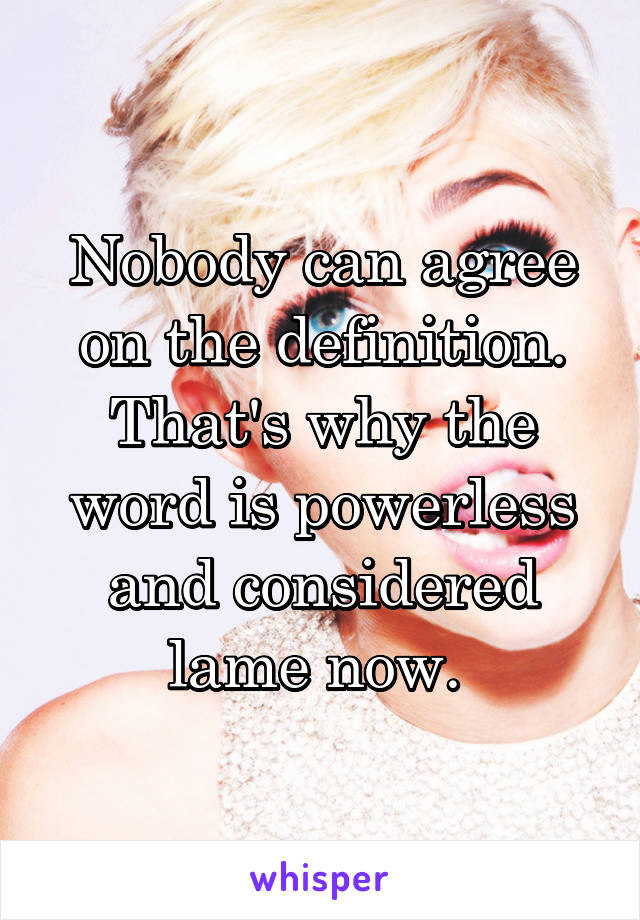

"As language users, we have the social responsibility to monitor the impact our utterances have on others, especially when it involves a marginalized group." "'I didn't know it was racist' does not eliminate the pain of the hearer," said Taniguchi. It's not so much about political correctness, I think it is about the empirical accuracy. Taniguchi said she understands it's a tricky question, but it's less about being politically correct and more about listening to the lived experiences of others. What you do once you find out a word is racist, sexist or ableist etymology carries more importance, she explained. "The fact that you said it, oblivious to the etymology, doesn't automatically make you a bad person." "Being an English speaker doesn't entail that you necessarily know the racist etymology automatically," said Ai Taniguchi, a linguist and an associate language studies professor with University of Toronto Mississauga, in an email to CBC.Įtymology is the study of the origins of words and the way their meanings change over time. We ran some of the words by anti-racism and language experts, who said some of these phrases can be hurtful to various groups of people for their historical and cultural context. Let’s Connect! Did you learn something new? Let me know what by LEAVING A COMMENT BELOW.Have you ever casually used the terms "spirit animal," "first-world problem," or "spooky"? It might be time to rethink your use of these phrases and remove them from your daily lingo.ĬBC Ottawa compiled a small list of words, submitted by readers and some of our journalists who are Black, Indigenous and people of colour. Regardless of whether you’re using the word “spaz” to describe a disabled or non-disabled person, it is still an ableist term because of its literal and cultural history. But in the US it is still used regularly and casually in everyday conversations.

In the UK and most commonwealth countries, “spaz” is widely labeled as a slur by both disabled and non-disabled people alike. It was at this point that “spastic” shortened into the slur we know all too well today, “spaz.” Commonly used to reference someone’s poor mobility, wild behavior, or lack of intelligence on a certain subject, the term quickly transitioned away from a word of description into one of judgment and derogation one that is still commonly used to taunt, mock, and discriminate against disabled people. It’s unclear when “spaz” entered into mainstream media, but there are references to it as early as the 1950s in the US. Up until the mid-1900s, the term was mostly only used in the medical sphere to describe people with spastic paralysis (like Cerebral Palsy – CP). Originating from “spasticus” in Latin and “spastikos” in Greek literally meaning, spasms, “spaz” has been around for centuries.
CAMBRIDGE DEFINITION OF LAME CODE
Use code JESSICAP10 at checkout to receive a 10% discount on your order! Why Is “spaz” Ableist Support MIGHTYWELL, an inclusive clothing brand that designs clothes and accessories for people with disabilities and non-disabled allies alike. to become more angry than a situation warrants (usually followed by out)Ī post shared by Mighty Well on at 10:56am PDT.to move in an awkward or clumsy way (usually followed by out).Verb (used without object), spazzed, spaz (short for “spastic”) an offensive way of referring to someone who has cerebral palsy (a condition of the body that makes it difficult to control the muscles).an offensive way of saying “a stupid person”.Today’s word is “spaz.” Keep reading to learn why this word is inherently ableist and discover alternatives you can begin to use in its place. These posts will provide definitions, explanations, as well as alternative words and phrases to use in place of the one being examined. On this blog, I will be sharing articles that highlight one of the words from the downloadable glossary above.


 0 kommentar(er)
0 kommentar(er)
